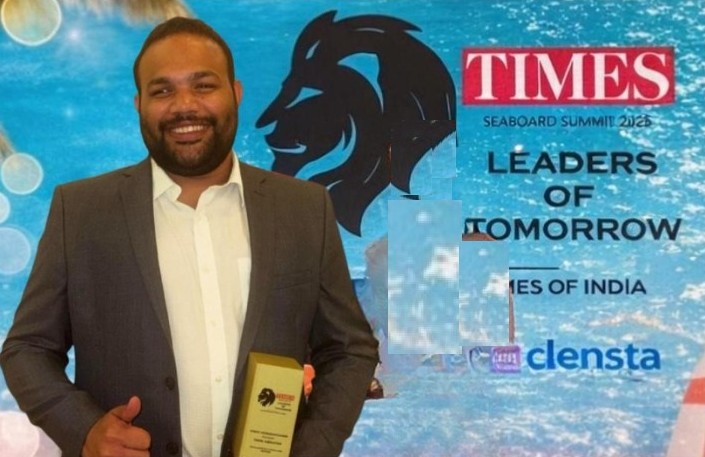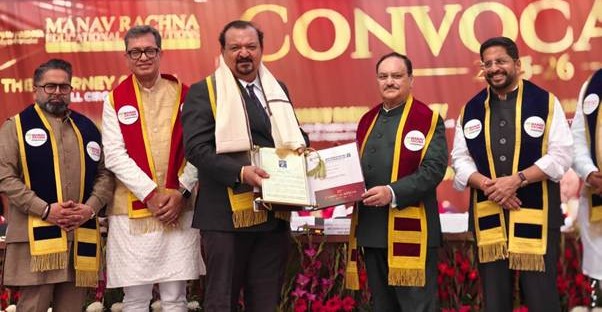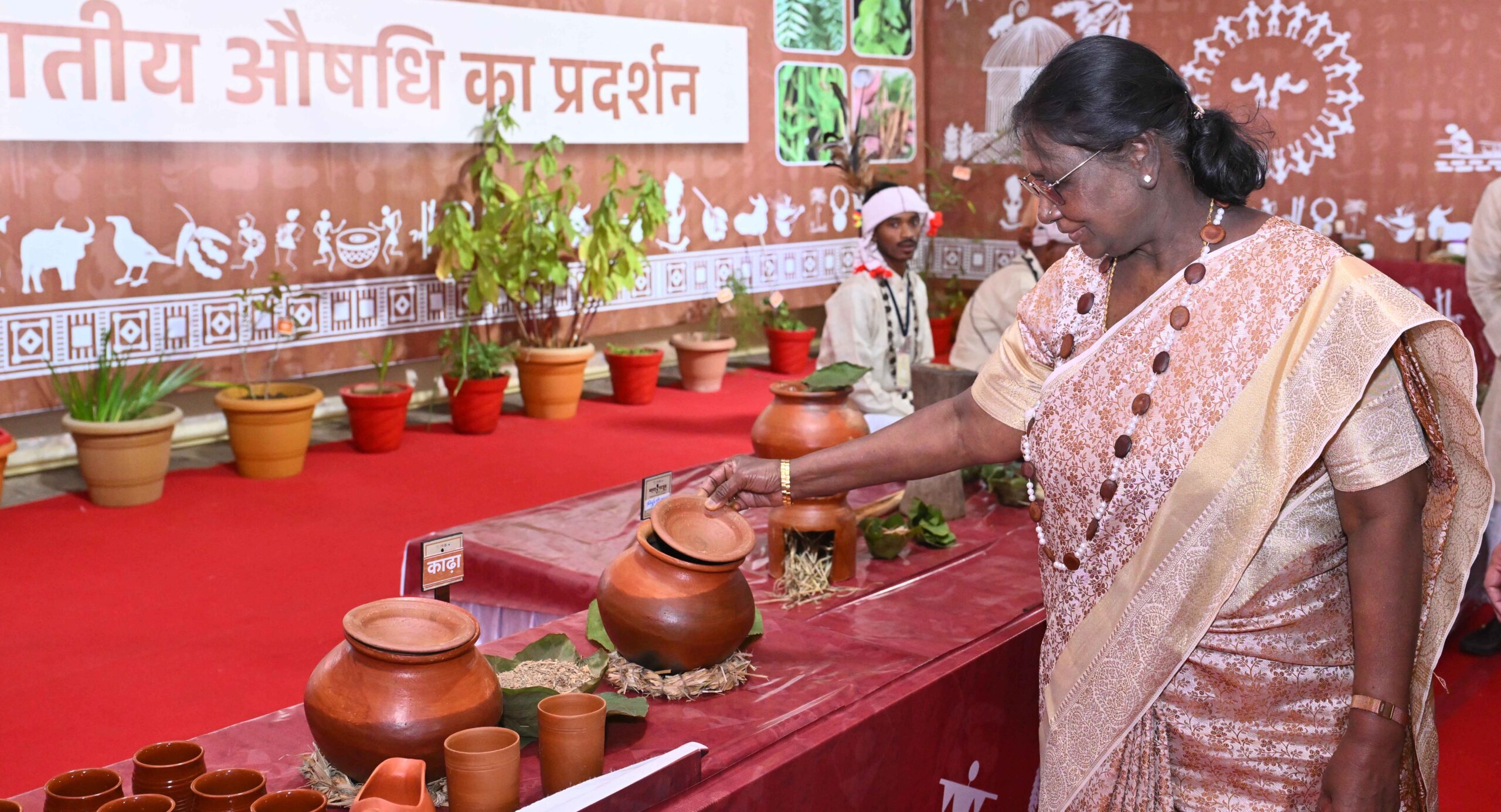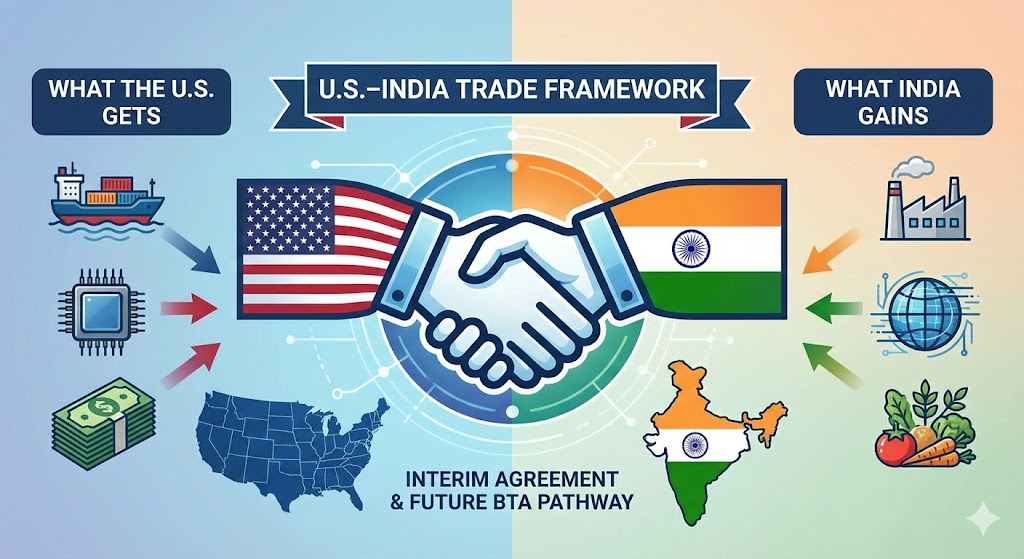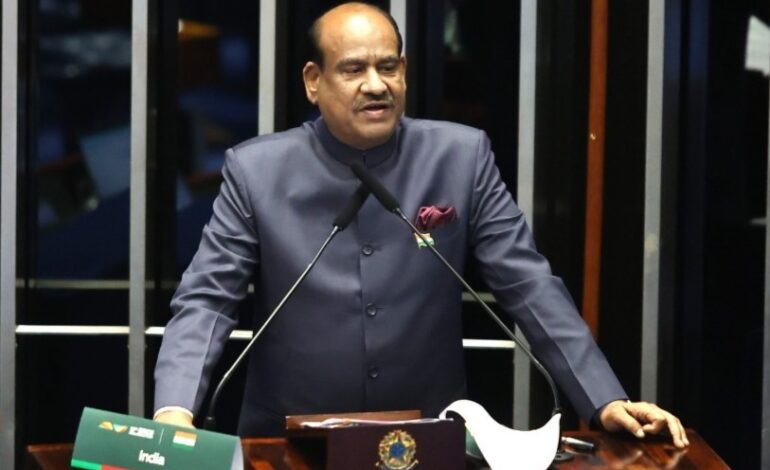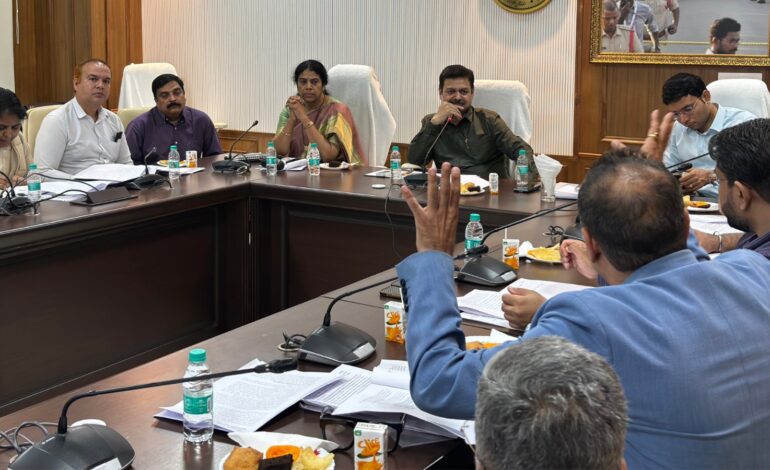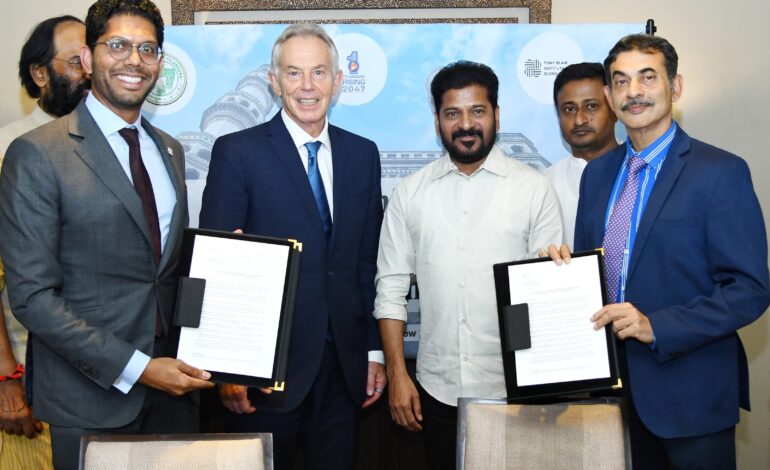Economy and Ecology Must Go Hand in Hand, Says Environment Minister at CPCB’s 51st Foundation Day

Union Minister for Environment, Forest and Climate Change Bhupender Yadav at the event of CPCB's 51st Foundation Day at Parivesh Bhawan, New Delhi, on September 22.
New Delhi, September 22: Union Environment Minister Bhupender Yadav on Monday presided over the 51st Foundation Day celebrations of the Central Pollution Control Board (CPCB), urging that “science and sociology must go hand in hand” to foster behavioural change and strengthen collective environmental consciousness.
Speaking at Parivesh Bhawan, Yadav praised CPCB’s credibility built over five decades, noting that its reports are trusted by courts and citizens alike. He stressed that as India advances towards a $5-trillion economy, environmental regulations must evolve so that “economy and ecology go hand in hand.”
New Infrastructure and Reforms
On the occasion, the Minister laid the foundation stone of CPCB’s new headquarters building in Delhi. He also inaugurated two state-of-the-art laboratories at CPCB’s regional directorates in Pune and Shillong. The Pune facility will monitor up to 70 environmental parameters to serve Maharashtra, while the Shillong laboratory will track 62 parameters across eight northeastern states.
Yadav highlighted recent reforms including the Jan Vishwas Act, 2023, which decriminalised several provisions, and the Environment Audit Rules, 2025. He emphasised that regulations alone cannot succeed without societal buy-in, calling on CPCB to play a larger role as a mentor and capacity-builder for state boards and agencies.
Citizen Engagement through Tech
The event also saw the launch of SAMEER 2.0, an upgraded version of CPCB’s air quality monitoring app. The new version offers a redesigned user interface, personalised alerts, location-based services, and enhanced citizen engagement, and will be available on both Android and iOS platforms.
In addition, the Minister released a technical report, “Classification of Polluted River Stretches, 2025,” along with a manual on using freshwater benthic macroinvertebrates to assess water quality. Offer letters were distributed to 13 new recruits to strengthen CPCB’s workforce.
Broad Participation
The celebrations drew a wide cross-section of participants, including senior officials from the Ministry of Environment, Forest and Climate Change, CPCB board members, state pollution control boards, industry associations, international organisations, experts, and civil society representatives.
Yadav underlined the importance of aligning technological advances with social change. “We need low-polluting alternatives and cleaner technologies for strengthening Make-in-India,” he said, adding that regulatory mechanisms must be paired with behavioural change to ensure sustainable growth.

